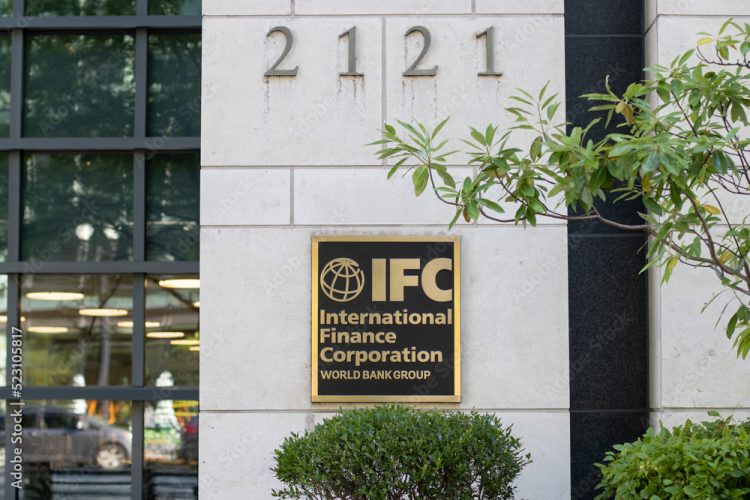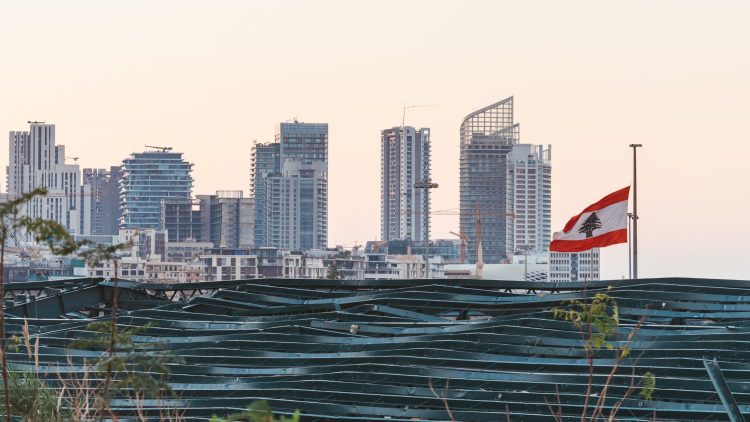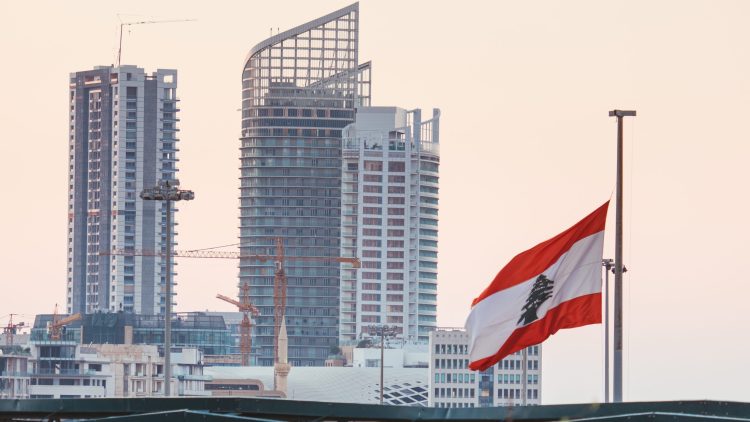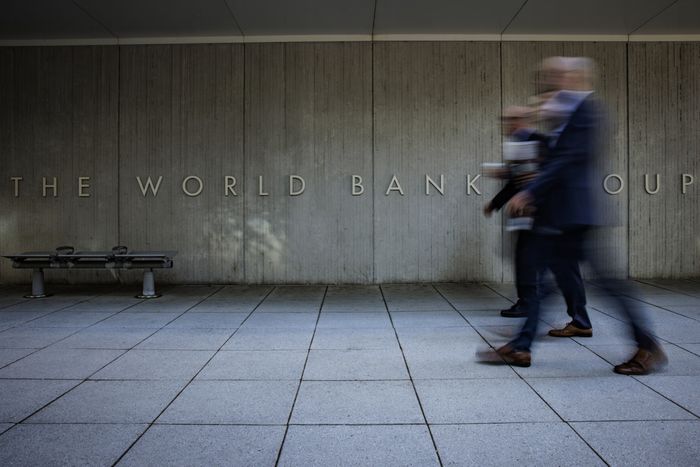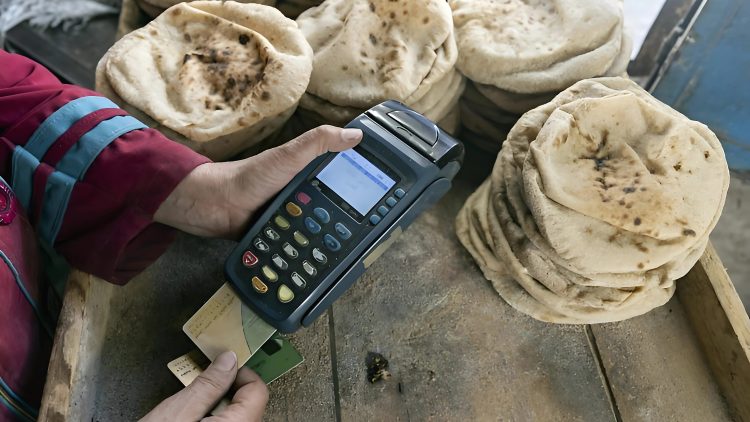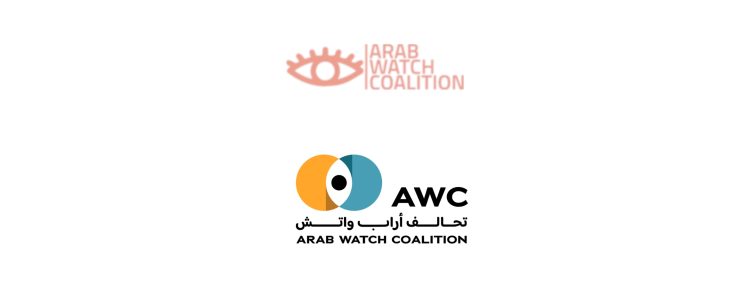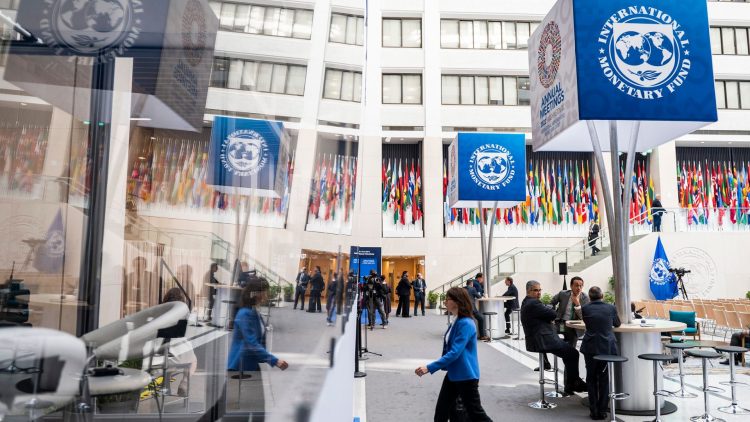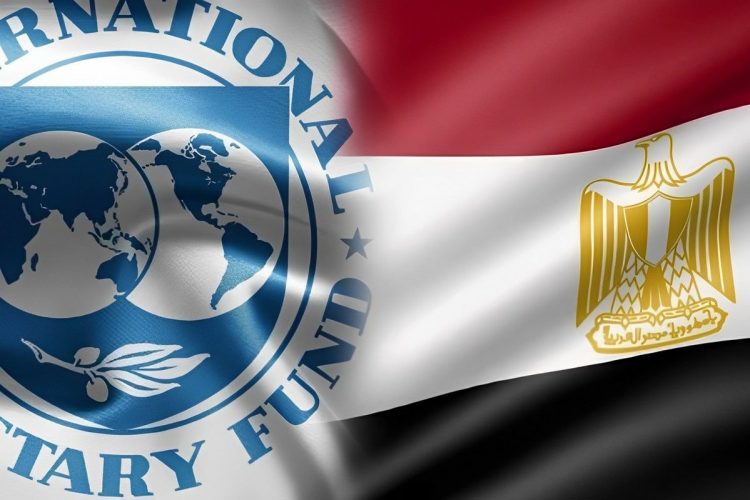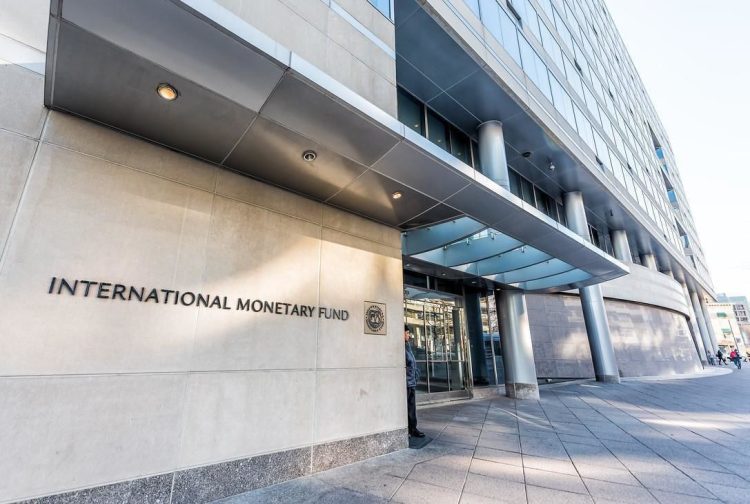Tunisia
Democratic Gains at Risk: Tunisia’s Economic and Civic Crisis
Tunisia is facing a severe economic and political crisis that threatens the democratic gains it has made since the 2011 revolution. Successive governments after the revolution have yet to achieve many of the economic demands that were among the causes of the revolution. Tunisia is suffering from a significant economic contraction, with economic growth not exceeding 0.6% in the past ten years. It also suffers from poor resources, deteriorating credit ratings, declining currency exchange rates, liquidity shortages, and delayed economic reforms, which have led to a decline in investment in the public and private sectors.
Tunisian civil society has made many gains since 2011 and has gained experience in various fields. It has moved from volunteer civil work to professional work, especially monitoring and accountability. However, with the current government’s trend towards narrowing the civic space and ambiguity towards civil society, those working in this field have had to take precautionary measures for their safety and to defend themselves against any potential attacks on the civic space.
AWC has eight members in Tunisia and also works with non-member organizations.
AWC monitors the policies and activities of the following International Financial Institutions (IFIs) in Tunisia:
International Monetary Fund (IMF)
Tunisia became a member of the IMF in 1958 and received its first loan from the institution in 1964. Over the years, and as of August 2025, Tunisia has obtained a total of eleven loans.
In October 2022, Tunisia initially agreed in principle to a $1.9 billion package from the IMF. However, President Kais Saied subsequently rejected the agreement, citing concerns that the imposed conditions could worsen domestic inequality and social tensions.
The IMF conducts an annual assessment of the Tunisian economy, known as the Article IV Consultation, which refers to Article IV of the IMF’s Articles of Agreement that outlines the IMF’s surveillance responsibilities.
World Bank Group (WBG)
Tunisia joined the World Bank Group (WBG) in 1958. For each country where it operates, the World Bank Group develops a Country Partnership Framework (CPF) that outlines its strategic priorities over a three to five-year period. The current CPF for Tunisia spans from 2023 to 2027.
Over the years, and as of August 2025, the WBG has financed 211 projects in Tunisia’s public sector. As of August 2025, there are 26 active projects and two projects in preparation (pipeline) under the WBG in Tunisia.
As of August 2025, The International Finance Corporation (IFC), the private sector arm of the World Bank Group, is involved in eight active projects and one pending approval in Tunisia.
The European Investment Bank (EIB)
EIB started its operations in Tunisia in 1979. Since then, and as of August 2025, EIB invested € 6.88 billion Euros in 137 projects in Tunisia.
African Development Bank (AfDB)
Tunisia has been a member of the African Development Bank (AfDB) since 1964. As of August 2025, the AfDB is managing 21 ongoing projects in Tunisia.
The AfDB creates a Country Strategy for each country it operates in, outlining its strategic framework for a specified period. The current Country Strategy for Tunisia, adopted in 2024, covers the period until 2029.
The European Bank for Reconstruction and Development (EBRD)
Tunisia’s partnership with the European Bank for Reconstruction and Development (EBRD) began relatively recently, with the first project financed in late 2012. From then until August 2025, the EBRD has invested €2,740 million in 83 projects across both the public and private sectors in Tunisia, 56 of which are still active.
The EBRD develops a Country Strategy for each country it operates in, outlining its strategic framework for a specified period. The latest Country Strategy for Tunisia was adopted in December 2018 and covers until 2023. As of August 2025, it has not yet been renewed or replaced.


